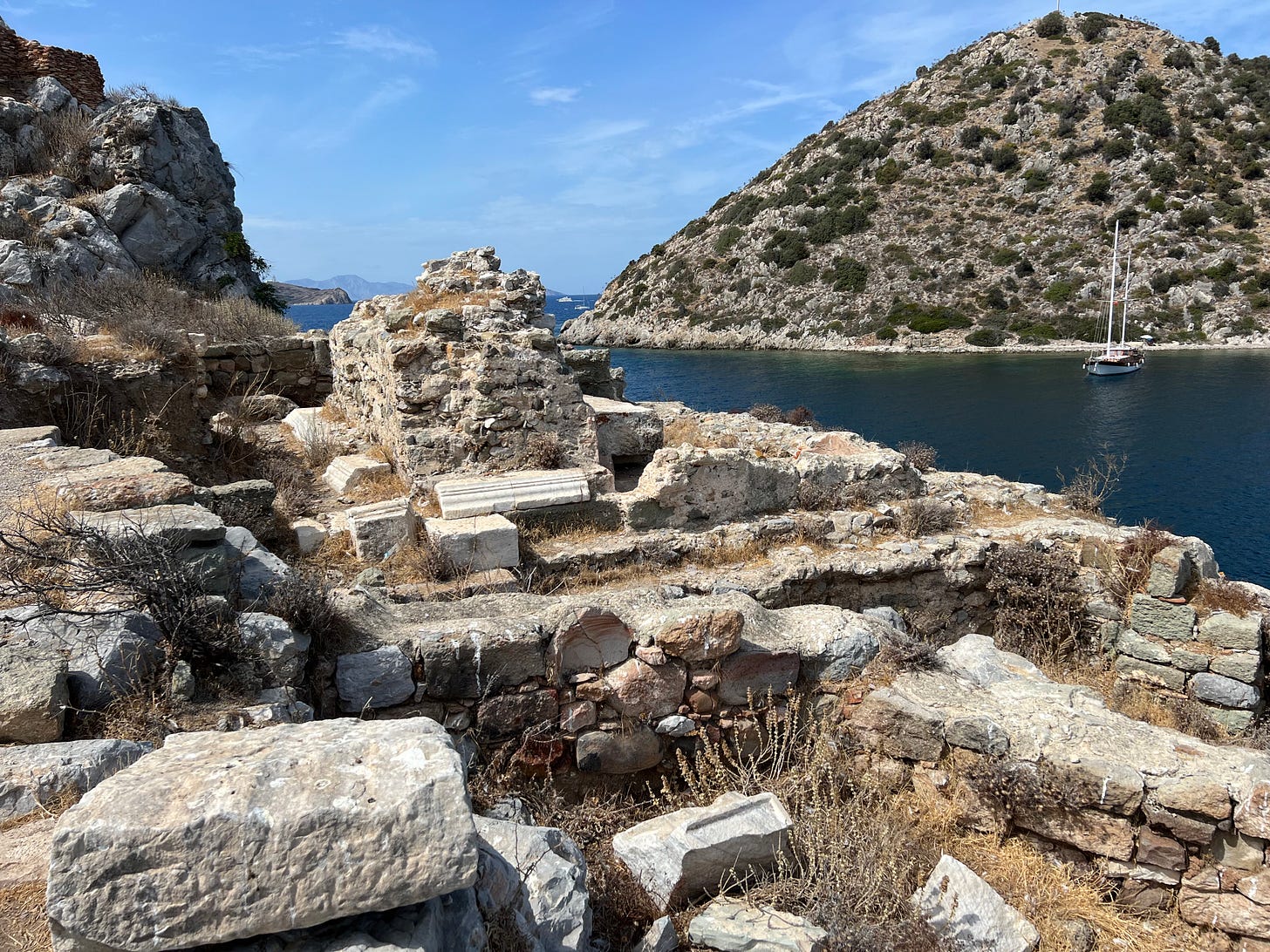Foundational Freedom
The problem of arranging for good governance remains unresolved. There is an inherent conflict in granting a monopoly on the use of force alongside the power to tax, while simultaneously claiming equality under a common law. These elements cannot coexist harmoniously. If the principle is that each individual owns themselves and should be secure in their person, it logically follows that they have the right to choose who will protect them and advocate for their rights.
When a political organization claims to represent a body politic without a specific contract for services with each individual within that body, it creates a moral hazard situation. Decision-makers may, under such an arrangement, pursue their own self-interest and act contrary to the desires and needs of the individuals they purport to represent.
In a compound republic like the United States, where a constitution delegates certain powers and authorities to political officeholders in the general government, yet in practice affords public officials a monopoly on the use of force, abuses are destined to occur. Therefore, a mechanism for redress and course correction must exist to ensure compliance with the terms of the operating charter.
This needed enforcement mechanism is the militia of the several states, as outlined in Article I, Section 8, Clauses 15 and 16, as well as in Article II, Section 2, besides the Second Amendment. This positions the people, the entire populace except for public officials according to George Mason's definition, as the primary law enforcement arm throughout the federation. The militia, in their localities, serve as the check valve that determines which laws are enforced and how they are implemented. This ensures that laws support the needs of the people in their respective areas.
Unfortunately, political organizations tend to centralize power and corrupt the law from a tool intended to protect people and their property into a mechanism for exploitation. Without the "necessary" militia structure that decentralizes enforcement power and keeps it in the hands of the people, abuses will proliferate, benefiting those in political power, or the political caste, at the expense of the average citizen. To claim that a government exists by, of, and for the people is meaningless if a subset of the population can dictate the rules and costs of maintaining the law and security institutions.
In essence, a monopoly government is a contradiction. It undermines the very purpose of having a government. People cannot be secure in their persons, houses, papers, or effects if public officials can arbitrarily seize or destroy their life, liberty, and property. This is why the Second Amendment clearly states that well-regulated militias are necessary for the security of a free state within the federation of several states.
The most urgently needed law enforcement task within any political union is to prevent a monopoly on the use of force from a) forming in the first place and b) being controlled by those that make their living through taxation. Under monopoly auspices, the price of security and justice will predictably increase, eating out ever widening swaths of the people's substance, and the quality of justice will progressively decline, leaving the people less secure in their lives, liberty, and property. It is also why the Republican theorist and political philosopher Niccolò Machiavelli stated in his Discourses that there can be no good law without good militia, nor aught else that is good. For Machiavelli, the militia was the foundation of all republics and that principle remains as an inescapable imperative for maintaining constitutional order.
Preventing monopoly is the purpose of the Second Amendment. The right to keep and bear arms is a necessary precondition for securing a free state, one that is free from the corruption and maladies associated with political monopoly, namely perverting the social mechanism of law and security into a vehicle for parasitism and predation. Even, or especially, in the current era, it is crucial that the originally intended purpose of having well-regulated, decentralized militias is emphasized to reduce reliance on permanent bureaucracies.
Reliance upon, or tolerance of, a political caste enjoying exclusive legal privileges, is a sure recipe for tyranny and impoverishment. The people must reassert themselves as the driving force behind the very existence of government, the chief end of which is the security of life, liberty, and property. Liberty nor property cannot securely exist so long as politicians and bureaucrats dictate the narrative, policies, and execution imperatives of a government. We The People are just as much "the government" as anyone holding public office. Otherwise, equality under a common law is little more than a farce.


